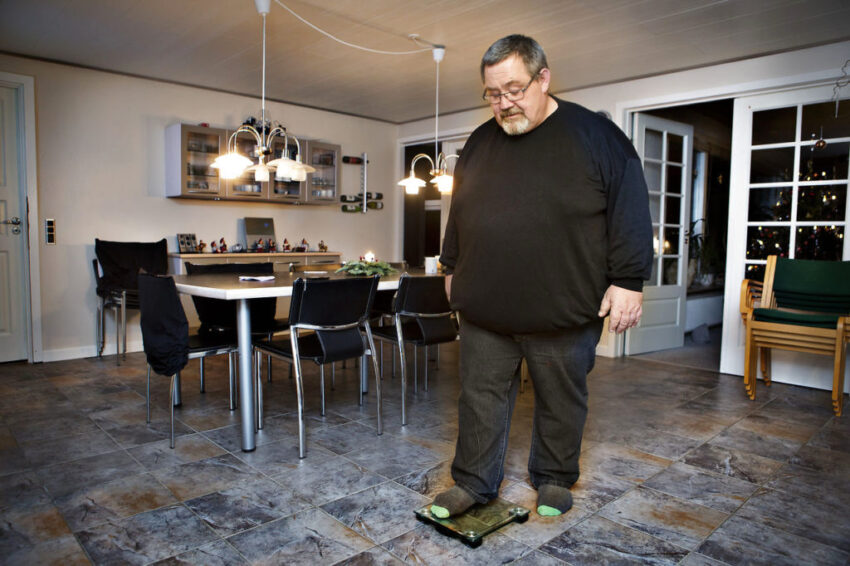The ruling, which is binding in all EU countries, could mean employers have to treat those obese workers for whom their weight prevents them taking part fully in their duties, as disabled.
The landmark case was brought before judges by a Danish childminder as Karsten Kaltoft took action after he claimed he was sacked by his local authority for being unable to perform his duties, because of his size.
The council, Billund Kommune, allegedly claimed the 25-stone childminder was so fat that he required help from a colleague to tie up children’s shoelaces.
The decision means employers across Europe could face significant costs as they may be required to make adjustments to their workplace to accommodate obese workers.
This could include wider car parking spaces and changes to seats, desks and fire escapes and experts have warned it could lead to difficult conversations with workers about their weight.
Employers may face having to provide larger seats, special car parking spaces, wider doors and other facilities to avoid facing discrimination claims.
National Obesity Forum spokesman Tam Fry said: ‘This has opened a can of worms for all employers in this country.
‘They will be required to make adjustments to their furniture and doors and whatever is needed for very large people.
‘I believe it will also cause friction in the workplace between obese people and other workers.’
Fry said he expected member states to apply to challenge the ruling, adding: ‘This is the closest I’ve seen to the law being an ass.’
Commenting on the judgement Tina Wisener, Partner, at Doyle Clayton, the UK’s largest specialist employment law firm, said: “It is not surprising that an obese person can be classed as disabled and protected by disability discrimination laws. However, not all obese people will be disabled and there are of course different views on whether any particular person is obese.
Whether a person is disabled will depend on whether their obesity gives rise to a physical or mental impairment and whether it affects their ability to participate in employment on an equal basis with other workers on a long term basis, for example because of reduced mobility or the onset of medical conditions associated with obesity.
For many people, their obesity does not affect their work in any sense and employers would not be expected or obliged to make any adjustments for them as they would not be considered disabled. The judgment does not really add anything to what employers already knew.
The Advocate General suggested that those classified as WHO Class 111 obese are likely to be disabled. Although the ECJ did not make any similar comment, the key issue will always be the effect the obesity has on the ability to work on an equal footing with others. There is therefore no need to define the level of obesity which will result in someone being classed as disabled.”


